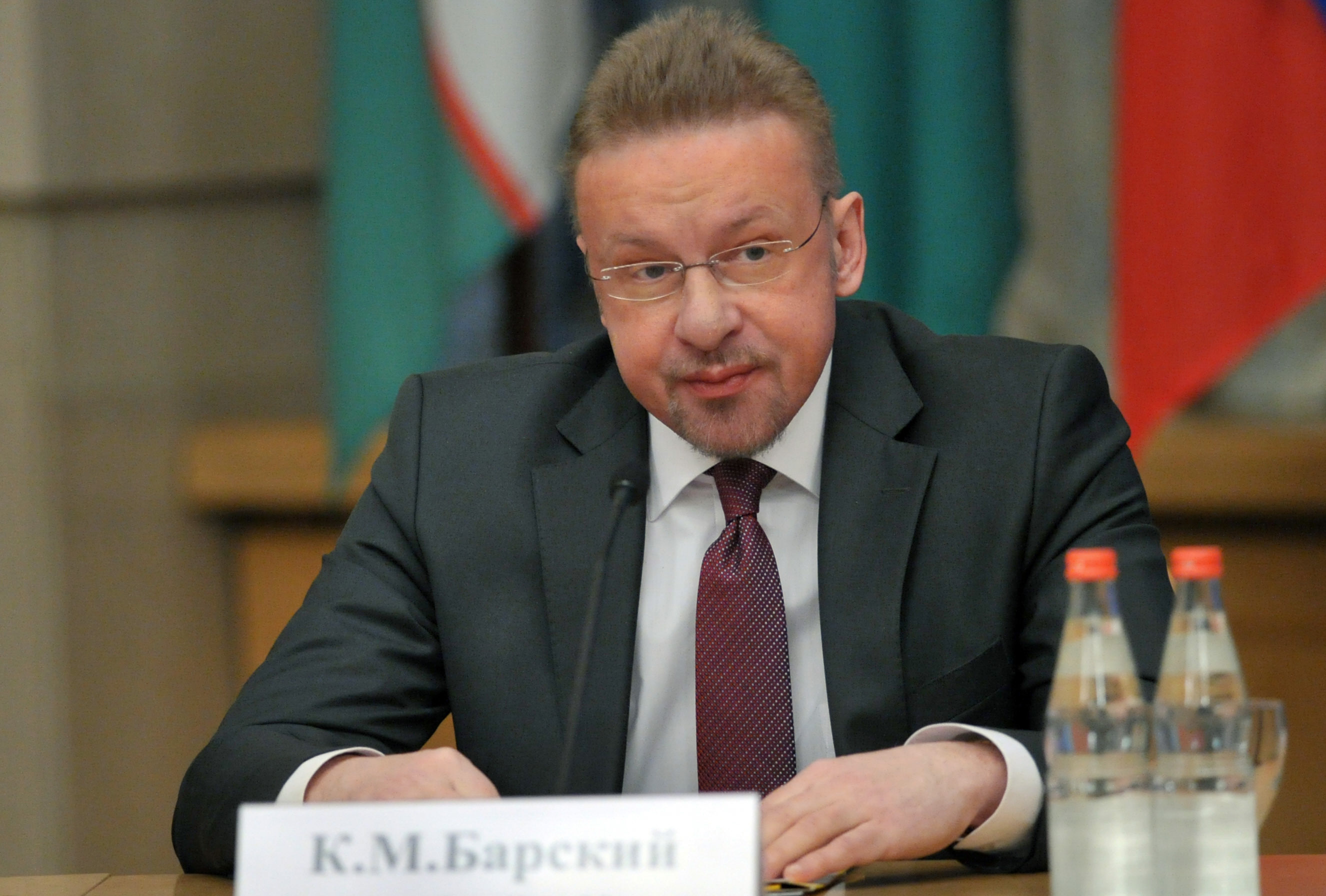ID :
368988
Wed, 05/27/2015 - 14:15
Auther :
Shortlink :
https://oananews.org//node/368988
The shortlink copeid
Energy Committee set up on Russian initiative in UNESCAP

BANGKOK, May 27. /TASS/. The structure of the United Nations Economic and Social Commission for Asia and the Pacific (ESCAP) on Russia’s initiative will be supplemented with the Committee on Energy for systematising cooperation among the region’s countries in this sphere, Russian ambassador to Thailand, Russia’s permanent representative to ESCAP Kirill Barsky told TASS on Wednesday.
The decision to expand the UN Commission structure will be included in the session’s final resolution on May 29.
"The addition to the ESCAP structure of the ninth committee in charge of energy will make it possible to systematise the work in this sphere. The very logic of the region’s development, as well as the already done work have prompted this step," said Barsky. "The next forum where we will also actively work will take place in the Kingdom of Tonga in 2018. We also expect the ESCAP secretariat to establish an independent unit responsible for energy."
"This year we have doubled attention to the session. The major importance of cooperation with ESCAP is determined by Russia’s belonging to the Asia-Pacific region, as well as the political course for the strengthening of ties with the region’s countries," Barsky said.
ESCAP is the United Nations’ major regional economic commission dealing with the promotion of socio-economic development of the Asia-Pacific countries. Its members include 53 countries. Russia is ESCAP member since its foundation in 1947 and is one of the major donors to the organisation with an annual contribution of $1.2 million. The United Nations Economic and Social Commission for Asia and the Pacific is the main legislative organ of ESCAP and reports to the Economic and Social Council (ECOSOC). It provides a forum for all governments of the region to review and discuss economic and social issues and to strengthen regional cooperation.
The Commission meets annually at the ministerial level to discuss and decide on important issues pertaining to inclusive and sustainable economic and social development in the region, to decide on the recommendations of its subsidiary bodies and of the Executive Secretary, to review and endorse the proposed strategic framework and programme of work, and to make any other decisions required, in conformity with its terms of reference.
Read more





